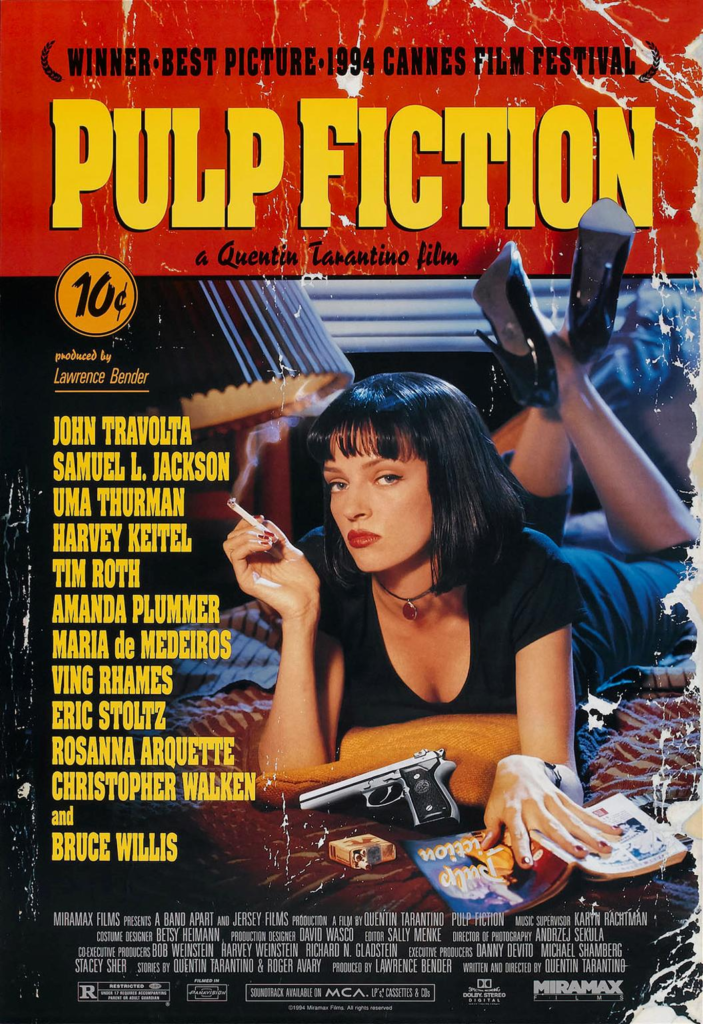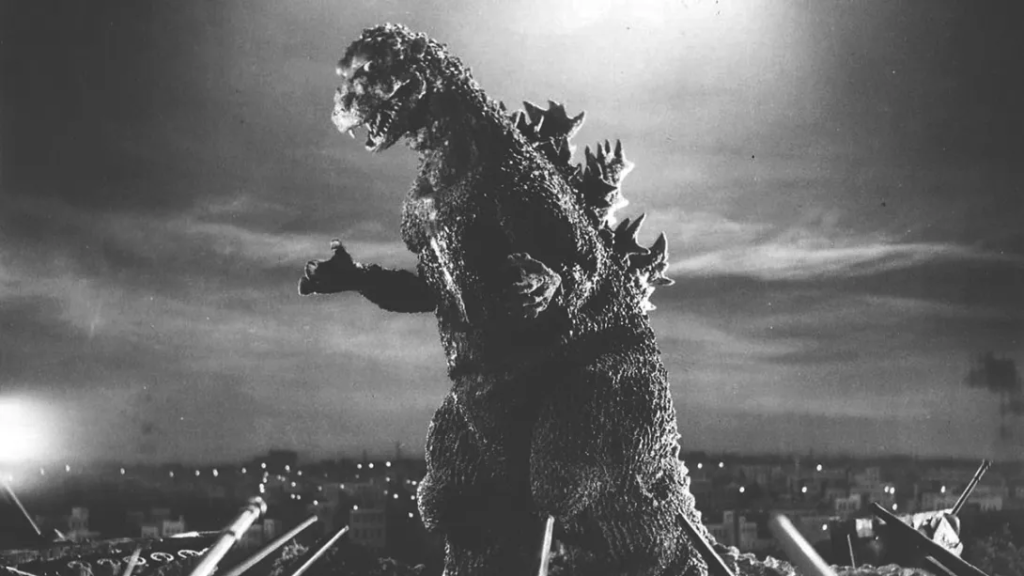This was a difficult task as we were not given the entire story, so we did not have the big picture. As well as having a short period of time to use and understand the screenplay structures, which made us run out of time. In future, I would do research on the story, so I understand the scene, as well as making sure I understand the structure of screenplays, through looking at examples.
All posts by Poppy Parker
Filters
Screenplay Rough Draft

Partner: Mia
Screenplay
A screenplay is the written display of the narrative of the film.
Example of a good screenplay:

Collaborative Project Film Production Meeting 1
Poppy: Editor (or Writer)
Tate: Cinematographer
Maria: To be decided
The French New Wave Approach to Filmmaking
Narrative and technical conventions:
- Discontinuity editing
- Filming on location
- Jump cuts
- Hand-held camerawork
- Absurd/unscripted dialogue
- Focus on character’s emotions
- No establishing shot or master shot
- Actors breaking the fourth wall
- Crossing the line on purpose (to cause disorientation)
The Left Bank, including directors such as Agnès Varda, Alain Resnais, and Chris Marker, focused on more experimental film making, often making documentaries, as well as identifying with the political left and saw film similar to other arts such as literature. Whereas the right bank, including directors such as François Truffaut, Jean-Luc Godard, and Claude Chabrol, were the more financially successful group, associated with “Cahiers du Cinema”, and followed more of the traditions of classic cinema.
Comparison introduction
Richard Donner’s Lethal Weapon and Edgar Wright’s Hot Fuzz are two distinct takes on the buddy cop subgenre of the crime film. Both feature two police officers with contrasting personalities who are forced to work together, including dramatic action sequences such as gun fights and chase scenes. The films were chosen due to their highly contrasting contexts, so the differences caused by the change in context can be clearly seen. Lethal Weapon being an American studio film, produced in 1987, and Hot Fuzz, a British film produced by Edgar Wright, an auteur, in 2007. While Hot Fuzz is a parody of the genre, Lethal Weapon is considered a classic example of the buddy cop film. Hot Fuzz features Nicholas Angel, an efficient by-the-book police officer, and inexperienced and enthusiastic Danny Butterman as they work together to solve a series of murders in a small town, using comedy to comment on the cliches of the genre. Lethal Weapon has a more serious tone, following reckless and unpredictable Martin Riggs and family-man Roger Murtaugh, both veterans, attempting to stop a drug cartel.
Classic French New Wave Film



French New Wave- Auteur
Auteur theory is the idea that the director is like the “author” of the film, with full control over the film making process, rather than the studio or the writer. Auteurs should have a unique style and trademark to their films, which makes the film unmistakable as one of their own.
Films cited by the movement as being made by auteurs:



Comparative Study
| TOPIC AREA | FILM ONE | FILM TWO | CONTEXT | QUESTION |
| Genre Theory Police Buddy Movie Crime Film Subgenre | Hot Fuzz (Edgar Wright, 2007) | Lethal Weapon (Richard Donner, 1987) | Social Historical Cultural | How has the police buddy movie crime subgenre of crime film changed over time/context? With reference to the films… |
Classic Japanese Cinema
The 1950s is widely considered to be the Golden Age of Japanese cinema.
The Samurai cinema genre emerged in this era with: Katana fighting, Samurai warriors, historical settings, and honour and revenge as the theme of the plot. This was lead by director Akira Kurosawa.

Other works were aimed to look back on the tragic and sentimental war experience, such as Battleship Yamato (1953).
Key directors and films:
Akira Kurosawa- Seven Samurai (1954), Rashomon (1950)
Yasujirō Ozu- Tokyo Story (1953) – focused on character relationships rather than dramatic plot moments
Kenji Mizoguchi- Ugetsu (1953) – often deals with the tragedies inflicted on women by Japanese society
Ishirō Honda- Godzilla (1954)

